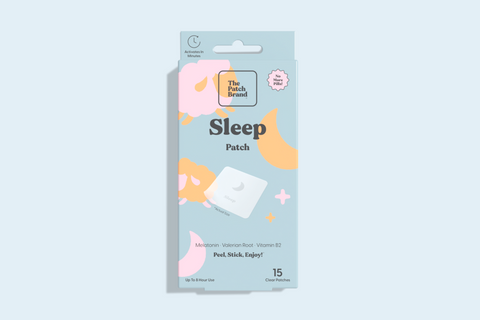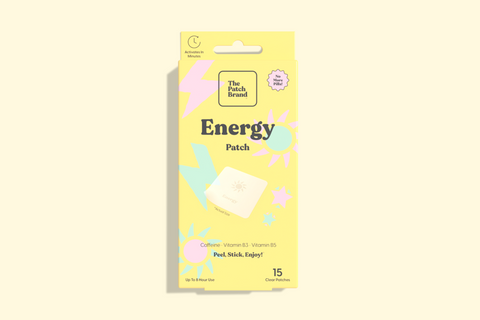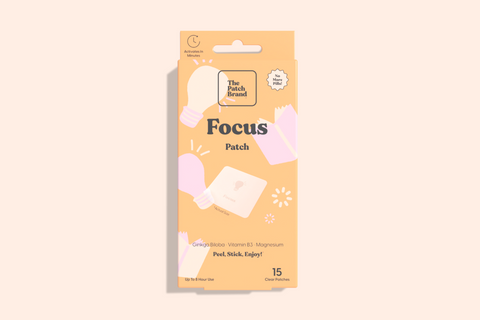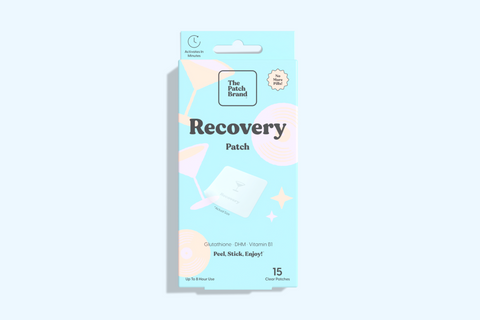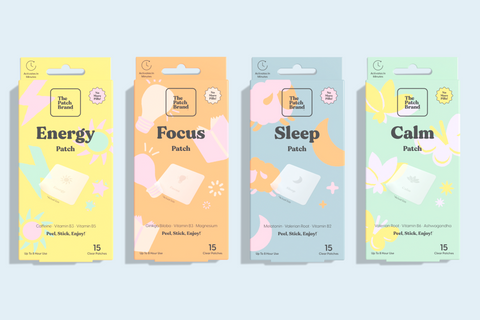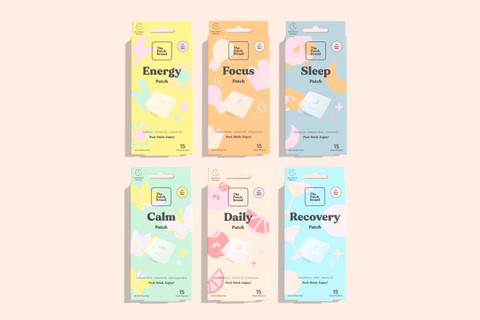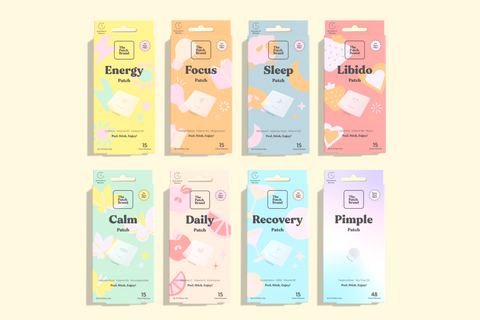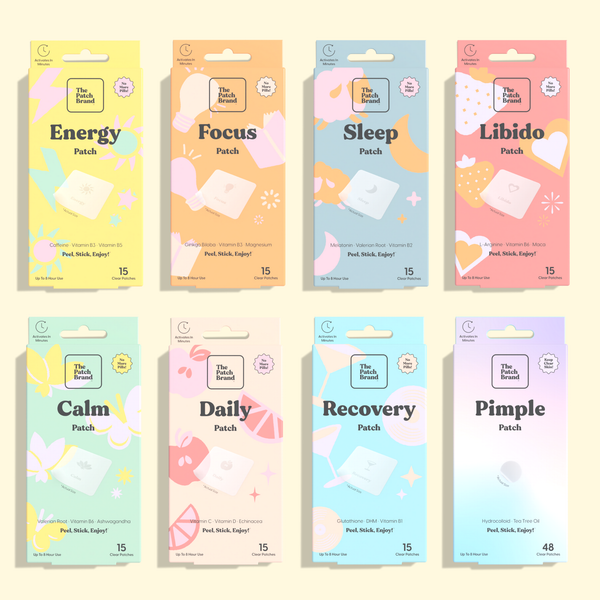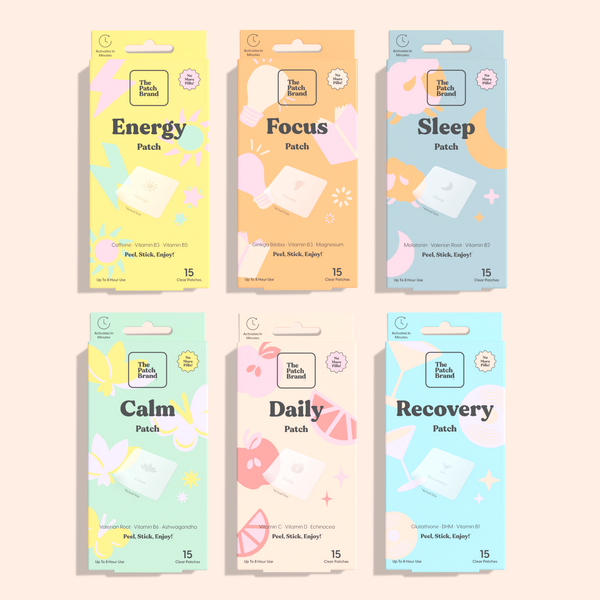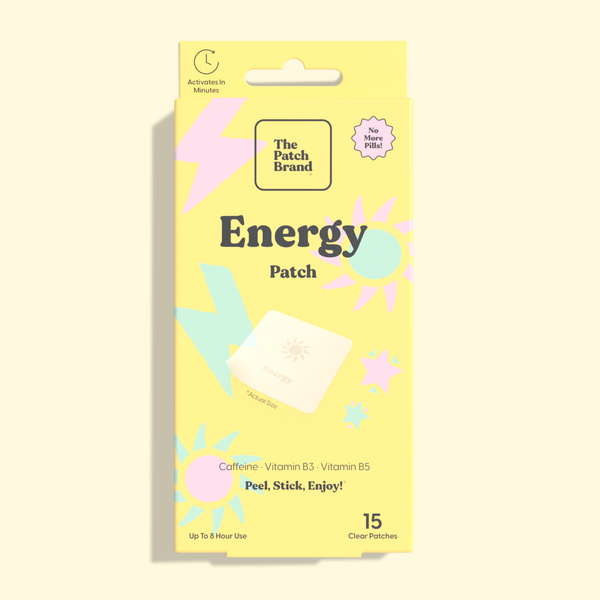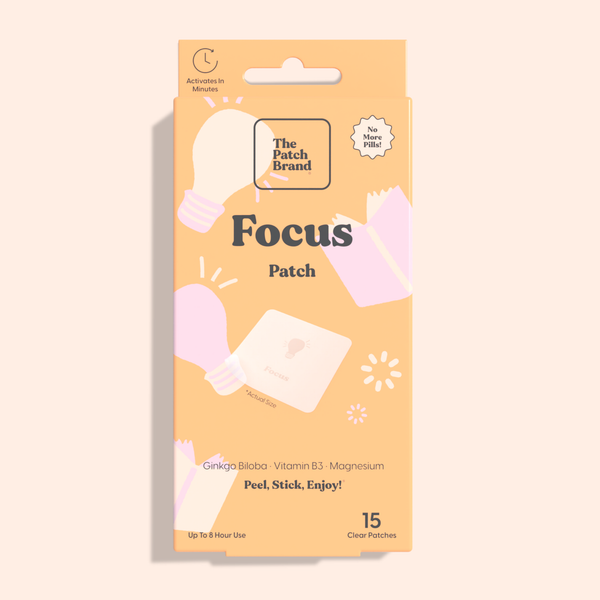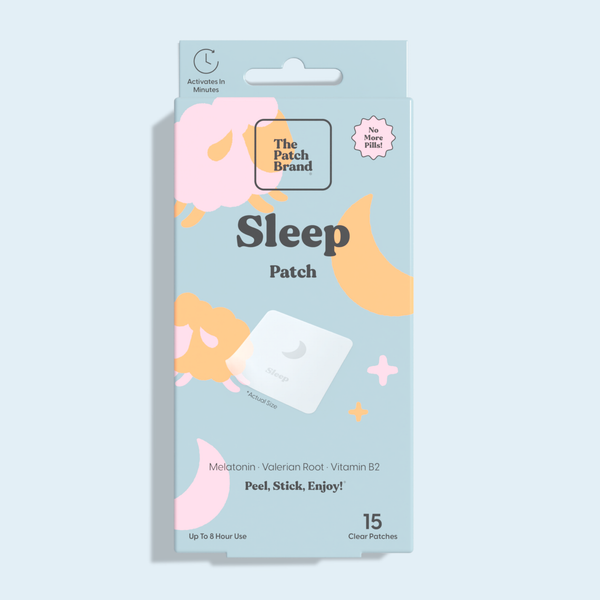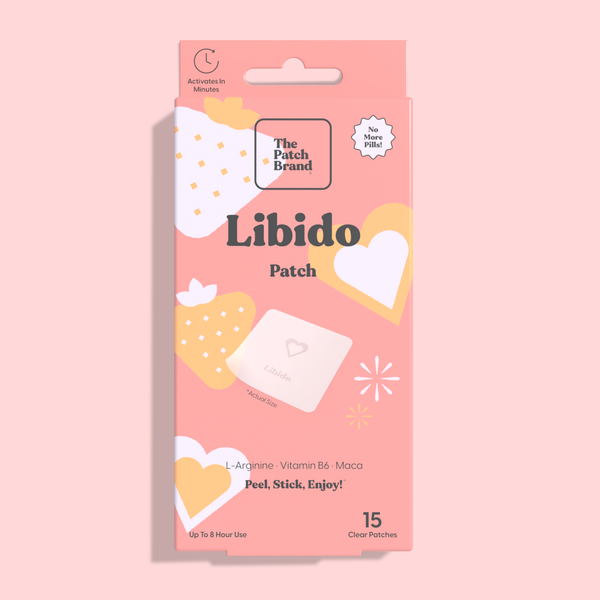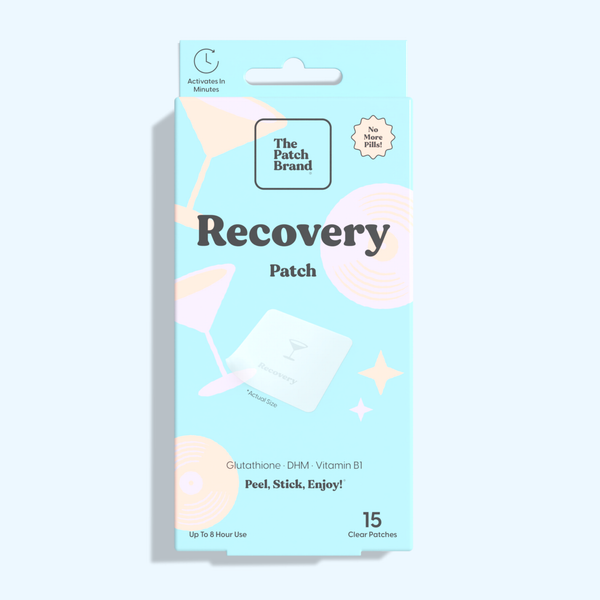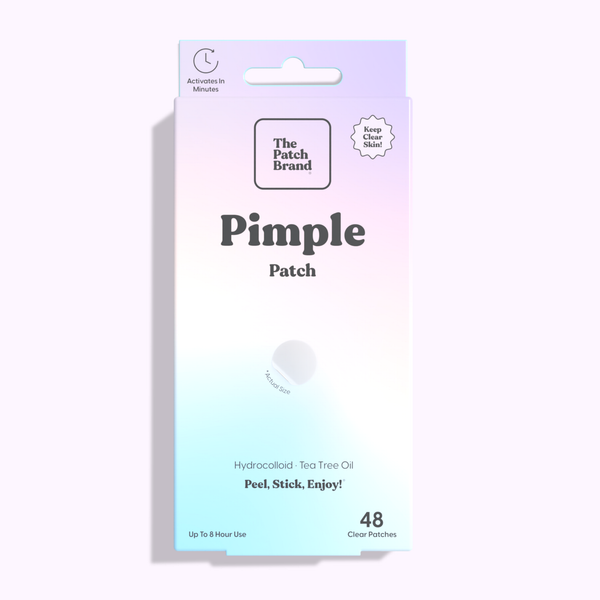Sleep – we all need it, but for many of us, it's a challenge to get enough of it. When we understand the intricate dance of our sleep cycles, we have the power to transform our nights, our days, and our lives. To delve into this intricate world of sleep, we'll explore four critical components: stages of sleep, personal sleep patterns, lifestyle impacts, and the supportive role of aids like
sleep patches.
Deep Dive into Sleep Stages
Every night, as we surrender to slumber, our bodies go through a fascinating sequence of sleep stages, each serving a unique purpose in our overall sleep cycle. Understanding these stages can provide valuable insights into the importance of a good night's rest. Let's delve into each of these stages:
-
Light Sleep - This is the initial stage of rest when we start to drift off. During light sleep, our brain waves slow down, and our muscles relax. It is relatively easy to wake up during this stage, and external stimuli can easily disrupt our sleep.
-
Deep Sleep - As we progress deeper into our sleep cycle, we enter the stage of deep sleep. This stage is essential for physical recovery and restoration. During deep sleep, our body repairs tissues strengthens the immune system, and stimulates growth and development. It can be more challenging to wake up during deep sleep, and if awakened, we may feel groggy and disoriented.
-
Rapid Eye Movement (REM) Sleep - Named for the characteristic rapid movement of our eyes under closed eyelids, REM sleep is a mentally restorative stage. It is during this stage that most dreaming occurs. Our brain activity increases, resembling wakefulness, while our body becomes temporarily paralyzed to prevent us from acting out our dreams. REM sleep is crucial for memory consolidation and emotional regulation.
-
Brief Wakefulness Periods - Throughout the night, we may experience brief moments of wakefulness, although we often don't remember them. These wakeful intervals are normal and can last for a few seconds to a couple of minutes. They serve as transitional phases between sleep stages and allow for adjustments in body position.
Cycling through these sleep stages multiple times throughout the night, our bodies and minds experience the restorative benefits of sleep, promoting overall well-being and optimal functioning during wakefulness.
The Importance of Each Stage
These sleep stages are not superfluous; each one plays a crucial role in promoting restfulness and health. Deep sleep, for instance, allows your body to repair muscles and tissues, while REM sleep aids in memory consolidation and mood regulation. Thus, a good night's sleep isn't just about quantity, but also quality – cycling through all these stages in a balanced manner.
Recognizing Your Sleep Patterns

The adage "knowledge is power" is very applicable when it comes to sleep. By recognizing and understanding our personal sleep patterns, we can empower ourselves to manage our sleep more effectively and make adjustments that can improve our sleep quality significantly.
The Value of Knowing Your Sleep-Wake Cycles
Understanding your unique sleep patterns is pivotal to optimizing rest. This requires identifying your sleep-wake cycle patterns. Your body follows a biological clock known as the circadian rhythm, guiding you through phases of wakefulness and sleepiness throughout the day.
Circadian Rhythms: Nature's Alarm Clock
Circadian rhythms are your body's internal, natural timing system. This system regulates sleep-wake cycles, aligning them with the day-night cycle. A good understanding of your circadian rhythm can help optimize your sleep schedule for a deeper, more refreshing sleep.
Lifestyle and Its Effects on Sleep
Our lifestyle choices often have a profound impact on the quality of our sleep. This section will explore how various lifestyle factors can affect our sleep quality and provide practical suggestions on how to foster habits conducive to better sleep.
Habits and Their Impact on Sleep Quality
Our lifestyle habits have a substantial impact on the quality of our sleep. Factors such as diet, exercise, screen time, and stress management all play a role in either enhancing or disrupting our sleep patterns. For instance, consuming caffeine late in the day can make it difficult to fall asleep, excessive screen time before bed can interfere with our body's natural sleep-wake cycle, and a lack of physical activity can result in restless nights.
Mitigating Negative Impacts
Fortunately, there are steps we can take to mitigate these negative impacts and improve our sleep quality. Making small changes to our daily routines can make a significant difference. Establishing a regular sleep schedule helps regulate our body's internal clock, promoting better sleep consistency.
Consuming a balanced diet that includes sleep-supportive foods and avoiding heavy meals close to bedtime can facilitate better sleep. Engaging in regular physical activity not only promotes physical health but also aids in better sleep. Additionally, managing stress effectively through relaxation techniques or practices like meditation can help calm the mind and prepare it for restful sleep.
Sleep Aids: The Role of Sleep Patches

One tool that has gained recognition for promoting better sleep is the sleep patch. But how do these patches work? Sleep patches or vitamin patches are transdermal patches that slowly release ingredients known to support sleep, such as melatonin, directly into the bloodstream through the skin. This provides a steady dose throughout the night, supporting more restful sleep.
The Value of Sleep Patches
While they are not a cure-all, sleep patches can aid in improving sleep quality. And with the multitude of options on the market – from a
sleep vitamin patch to a sleep aid patch – you have the opportunity to find the one that fits your needs best. There are also other sleep aids you can incorporate into your regimen, such as practicing relaxation techniques or creating a sleep-friendly environment.
However, while exploring these options, it's important to remember that it's not about finding the
best sleep patches or the
best sleep patch. Instead, it's about understanding your unique sleep needs and finding what works best for you.
Picking the Right Sleep Aid
Selecting the right sleep aid should not be about chasing after the best sleep patches or the best vitamin patches. Instead, it should be about what suits your needs the best. Not everyone will have the same reaction to a certain sleep patch. Some might find a vitamin-infused patch more useful, while others might prefer a sleep aid patch.
Journey to Better Sleep
The road to understanding our sleep cycles can feel complex, but the payoff is immense. From recognizing the different stages of sleep and understanding our unique sleep patterns to assess the impact of our daily habits and incorporating supportive aids such as patches for sleep, every step takes us closer to achieving more restful and rejuvenating sleep.


